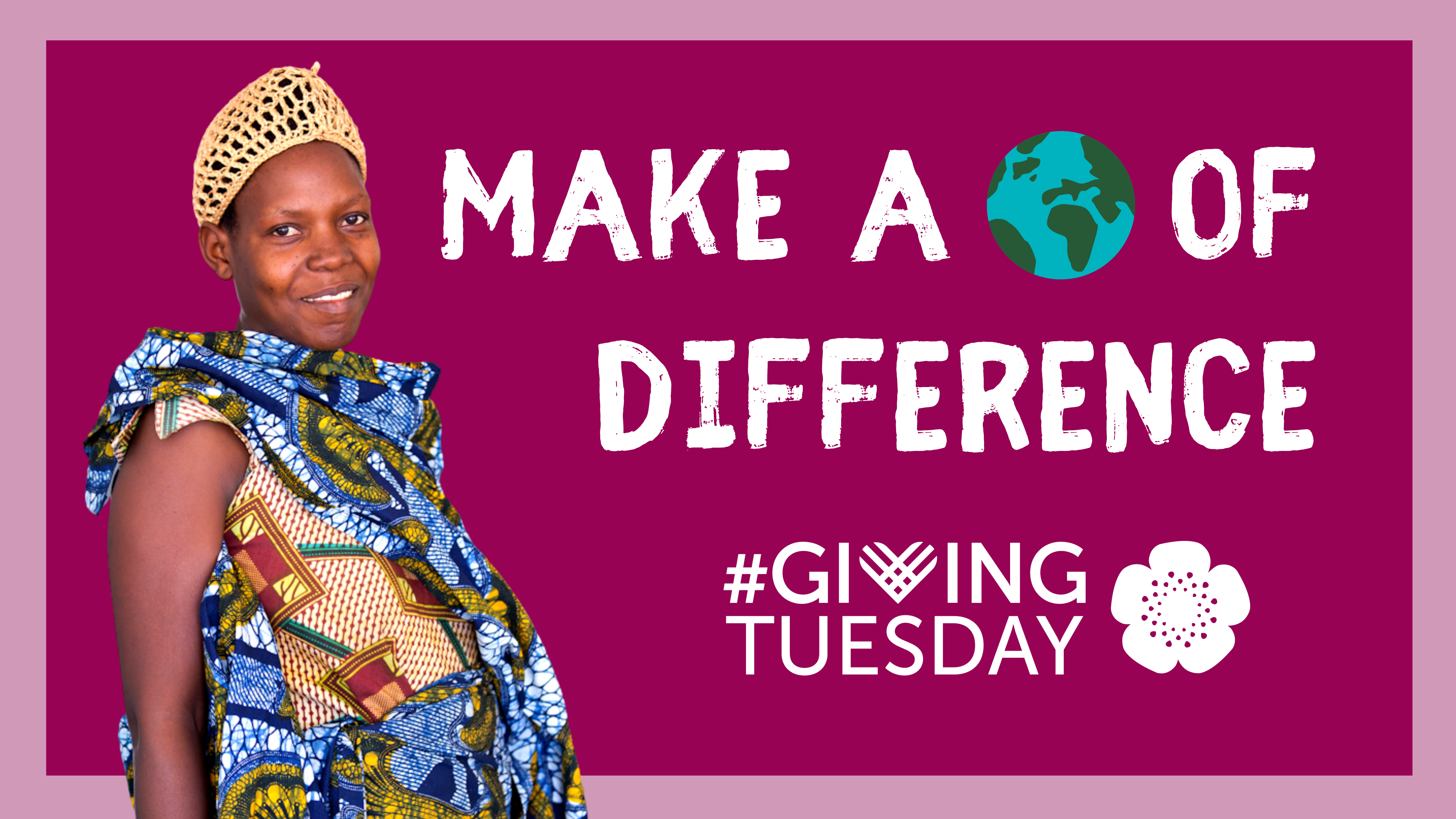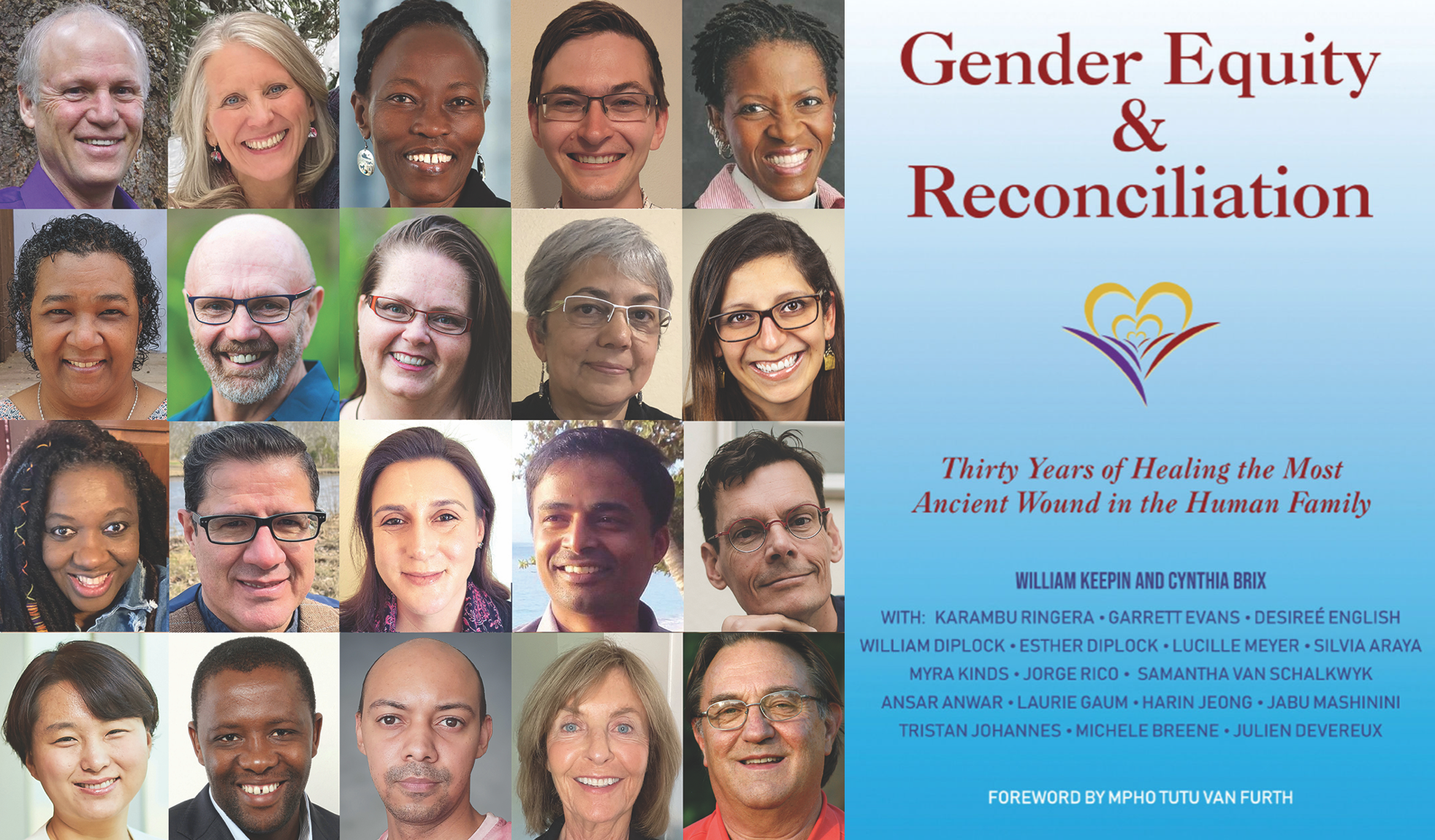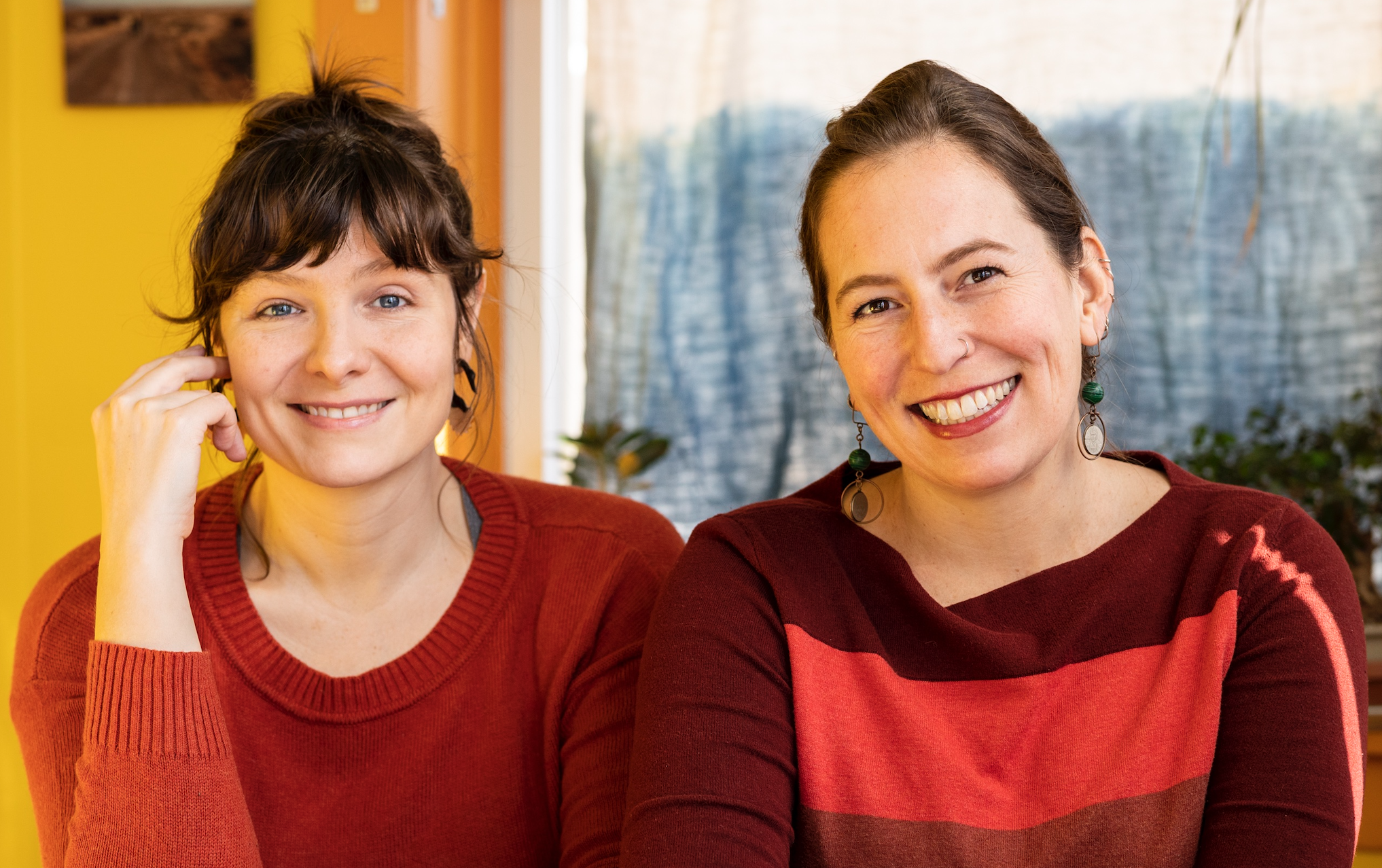
According to the 2015 Education For All report by UNESCO, 100 million children around the world did not complete primary school education this year, and an additional 58 million children received no schooling at all. The report does show that since 1999 the numbers have improved slightly (from 109 million). As if these numbers weren’t shocking enough, it should be noted in many areas, girls are the most disadvantaged and make up the majority of out-of-school children globally today.
It is estimated that 50% of kids who don’t have access to education reside in Sub-Saharan Africa. Amongst out-of-school children, girls are more likely than boys never to enroll in school (48% compared to 37%). The poorest girls remain the most likely to never attend primary school. In Guinea and Niger in 2010, over 70% of the poorest girls had never attended primary school.
UNESCO also notes that women today make up two thirds of the world’s illiterate population, meaning the lack of access to education can have a profound impact on the future of a young girl. There are many organizations and programs working to continue the decline in the number of uneducated boys and girls, one of which is the Malawi-based SchoolCycle initiative launched under the UN Foundation’s Girl Up organization, who are dedicated to helping girls get into schools around the world.
The SchoolCycle program is helping girls in a unique way – by giving them bicycles! The program was the idea of two American journalists: Lauren Bohn who is the The GroundTruth Project‘s Middle East correspondent and founder of Foreign Policy Interrupted, and Zoe Fox is an MBA candidate at Columbia Business School. The idea came to them after visiting Malawi on a reporting trip together in 2013, they met a number of young girls who all dreamed of using education as a means to a better future.

But because Malawi is one of the poorest countries in Africa, and many factors including poverty, a lack of materials and teachers, early marriage, and teen pregnancy are very real threats, it becomes hard to look at that dream as a reality. Another huge aspect of what is stopping them are the long and exhausting commutes many young children face in getting to school, especially in the Mangochi district in the south of Malawi where the two reporters visited.
“Malawi is a small country in southern Africa, sandwiched between Mozambique, Tanzania, and Zambia. Roughly the size of Pennsylvania, more than half of the population lives below the international poverty line. The country’s life expectancy hovers around 55, and just 9 percent of people have access to electricity. Even though primary school is free, less than a quarter of girls will finish. Among those, only 9 percent will graduate from secondary school,” they shared in an article on Cosmopolitan.com.
Lauren and Zoe learned that a few years back, a British charity donated 30 bicycles to the Mangochi girls’ high school which helped cut down their travel time dramatically. After learning what an impact a simple bicycle could make on the future of a young girl, the two women decided to do more than just write a report, they wanted to expand on the bicycle idea.
Inspired by the SoulCycle phenomenon in the US, the girls came up with the idea of SchoolCycle where money raised would go toward purchasing bikes for more and more girls. They successfully managed to pitch the idea to GirlUp who officially launched the program in the fall of 2014.

They made a clever move to engage people back in the US in this mission. The Tuesday after Thanksgiving is dubbed “Giving Tuesday” and that is the day they launched, asking people to donate money to the program via the GirlUp website and invest in the future of girls over the other side of the world.
The principal of the Mangochi High School, Tamara Niyasulu, is labeled an “education warrior” by Lauren and Zoe who were moved by her determination to help Malawian girls finish their schooling.
“I’m waging a war. We need to get more girls in secondary school and keep them here,” she told the reporters.
Tamara started working at the school in 2011 and saw the first 11 girls enrolled. Today, 83 out of the 243 students are girls, and under her watch only 3 girls have dropped out. Some of the girls were forced to walk more than 10 miles in each direction just to get to school, so it is not hard to see why a simple tool, that many of us in the Western world take for granted growing up as children, goes a long long way.
After launching during Giving Tuesday in 2014, SchoolCycle raised $100,000 which went toward purchasing 550 bicycles. 50 bikes were given to Tamara for her most at-risk students, and the remaining 500 were distributed throughout other schools in the area. Each girl who received a bike was also given bike parts, and training.
Given the success so far of a year-old program, Lauren, Zoe and GirlUp will be expanding SchoolCycle into other countries which will be announced at the end of 2015.

One of the biggest appeals of SchoolCycle is that it is a very easy and effective program to implement, and it also enables donors to see their money be part of an obvious change in a poverty-stricken young girl’s life.
“When it comes to giving, we don’t buy into the notion that people don’t want to help, or that people don’t care – they just need to feel like they can make a difference. And when problems like Malawi’s are so complex, effecting change can seem elusive,” said Lauren and Zoe in a UN Foundation blog post.
“SchoolCycle is about investing in future change-makers by giving them a simple tool – actual wheels of progress – to make sure their voices are heard, so they can transform the course of their futures.”
The two girls shared some of the personal stories of girls in Malawi whose lives have been changed because they were given a bike.
Aishia Saidi dreams of one day becoming a Police officer, has only 1 pair of shoes in her possession and now has a bicycle to help her get to school every day. At first people in her village and her family didn’t think it would make any difference.
“They’re waiting for me to drop out and become pregnant or get married like everyone else. Education isn’t taken seriously for girls,” she said.

Fifth grader Brenda Thomas was the only person in her small rural village to receive a bike, which she plans on using to help her continue her education so she can study the English language. Brenda’s mother died when she was young, and her father has never been in her life.
“This bike will take me further because I’m an orphan. I will finish school and become a teacher,” she said, adding that she will not allow herself to marry young like many of her friends.
Miriam Ayil is 13 years old and was used to turning up late to school and getting scolded by her teachers. Due to her father dying of AIDS, her mother is forced to work labor jobs to provide for Miriam and her siblings. Although not many girls in her area go to school, Miriam wants to use her new bicycle and education opportunity to inspire others.
“We don’t have many women to look up to around here. Hopefully that will change,” she said.
These are just a few stories, but with millions of girls and boys not having access to education, and many of them girls due to cultural and economic restraints and gender bias, programs like SchoolCycle are breaking that damaging cycle step by step. Given that the holidays are upon us once again and they are expanding into new countries, it might be a great time to consider donating to this wonderful program that is literally changing girls lives.
What is seen as a vehicle for fun childhood memories for many of us, in a very expendable way, is a much more impactful and powerful tool for a girl in Malawi. Well done Lauren and Zoe for creating this initiative.
You can go to the GirlUp website to donate and keep up to date with all their activities.

















